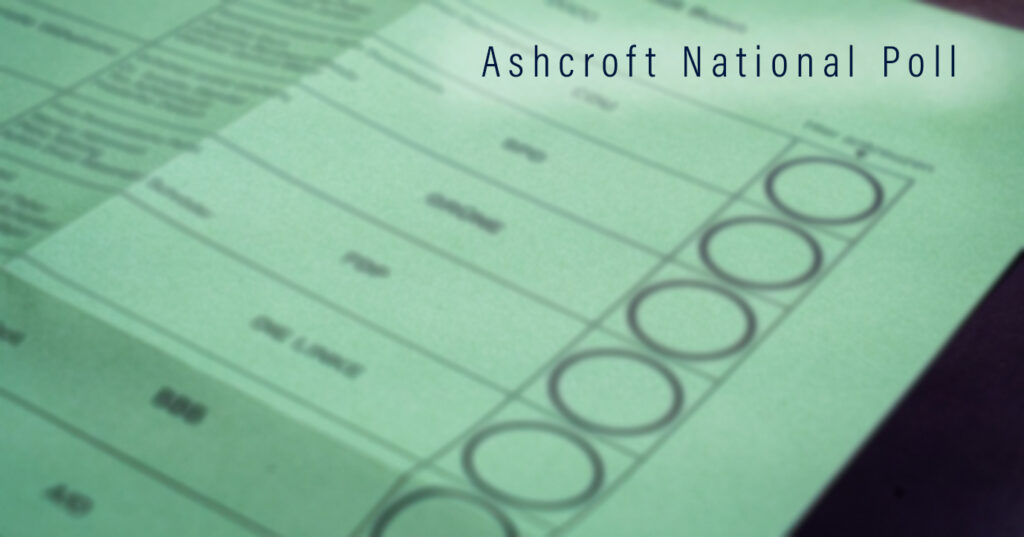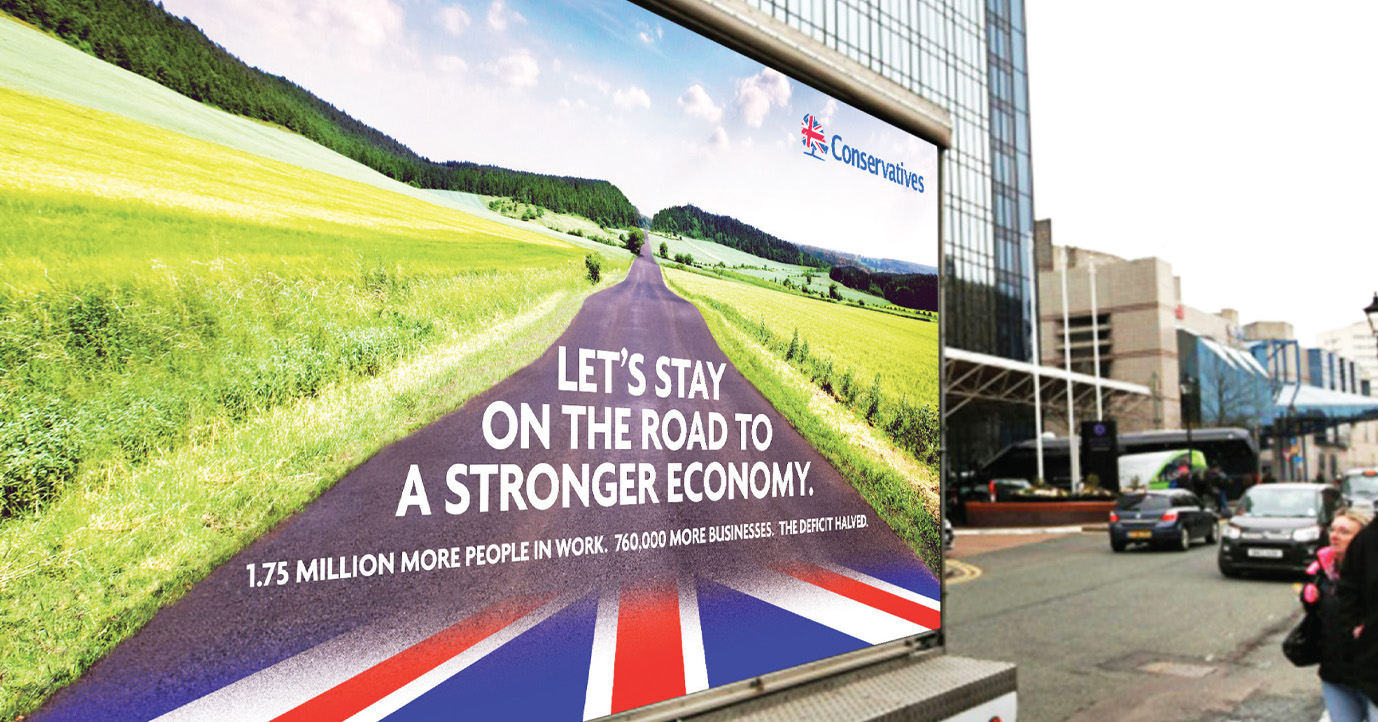
Labour lead by three points in this week’s Ashcroft National Poll, conducted over the past weekend. Vote shares were Labour 33% (down one point on last week), Conservatives 30% (down two), Liberal Democrats 8% (down one), UKIP 18% (up four) and the Greens unchanged on 6%. All changes except the UKIP score were within the margin of error.
The three-point margin reflects those published yesterday by YouGov and Opinium, but with lower scores for both Labour and the Tories. A smaller two-party combined vote share has been a regular pattern in the ANP; we will see whether it continues into the autumn and the start of the long campaign.
Returning to the theme of the economy, I asked once again whether people most trusted David Cameron and George Osborne or Ed Miliband and Ed Balls to manage things in the best interests of Britain. This time, however, I split the sample and asked the question in two different ways. Half were asked whom they most trusted “with our economy facing serious problems and challenges in the months ahead”; the other half, whom they preferred “now that the recession is over and the economy is recovering”.
The reason for this is to test the idea that people might think differently about who they want in charge depending on the issues at stake. Would they be more likely to name the Tory team when thinking about the tough decisions needed, or when reminded of the good economic news that was starting to come through? Or would they in fact be more inclined to go back to Labour if they felt the hard economic work had now been done and less was at stake?
As it turned out, the framing of the question made very little difference, but either way the results were bad news for Labour. “With the economy facing serious problems and challenges” people preferred the Tory team by a 17-point margin (45% to 28%); “now that the recession is over and the economy is recovering” they favoured Cameron and Osborne by 19 points (48% to 29%).
Two sets of figures stand out in the data. The first is that among swing voters, who say they don’t know how they will vote or that they may yet change their mind, the Tories led by 31 points under the first formulation and 25 points under the second; a bigger margin than among the electorate as a whole.
The second is that “with the economy facing serious problems and challenges”, one in five Labour voters prefers Cameron and Osborne; “now that the recession is over and the economy is recovering”, one in four prefer the incumbents. Either way, only two thirds of Labour voters prefer the Eds.
Though this is clearly disturbing for Labour, we cannot yet say for sure how much this will matter on election day. Do their doubts about the party’s economic competence mean these are soft Labour voters who will be peeled away as the election looms? Or is it that they think the Tory team might on balance have a better grip in the Treasury, but they have decided to vote Labour anyway – perhaps because other things matter to them more?
This is the key. The bigger danger to the Conservatives of over-emphasising the recovery is not that people think it is safer to put Labour in charge when things are looking up, but simply that the difference in economic competence matters less when rescuing the economy is no longer top of the agenda. And as I found in the ANP in June, “improving the NHS” pipped “getting the economy growing and creating jobs” to first place when people were asked what were the priorities for themselves and their families.
This is the last edition of the Ashcroft National Poll for the summer. It will return on Monday 8 September. Meanwhile, why not sign up at LordAshcroftPolls.com for news alerts, including the next instalment of my polling in marginal seats.


